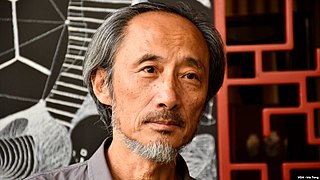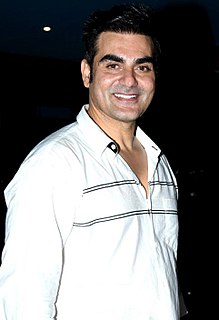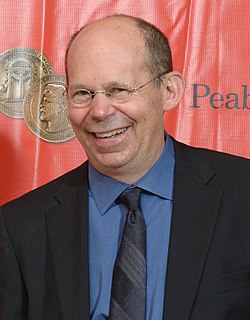A Quote by James Salter
In a certain sense, a writer is an exile, an outsider, always reporting on things, and it is part of his life to keep on the move. Travel is natural.
Related Quotes
Probably all of us, writers and readers alike, set out into exile, or at least into a certain kind of exile, when we leave childhood behind...The immigrant, the nomad, the traveler, the sleepwalker all exist, but not the exile, since every writer becomes an exile simply by venturing into literature, and every reader becomes an exile simply by opening a book.
In the greatest fiction, the writer's moral sense coincides with his dramatic sense, and I see no way for it to do this unless his moral judgement is part of the very act of seeing, and he is free to use it. I have heard it said that belief in Christian dogma is a hindrance to the writer, but I myself have found nothing further from the truth. Actually, it frees the storyteller to observe. It is not a set of rules which fixes what he sees in the world. It affects his writing primarily by guaranteeing his respect for mystery.
I tend to write about people. I look at things from the bottom up and from the perspective of outsiders. A part of me just identifies with them. It's my messed up internal nature that I always feel like an outsider. It's just my nature. At film festivals, I was an outsider for sure, but I always felt like one as well. I have that feeling at parties, too. I don't belong there.






































